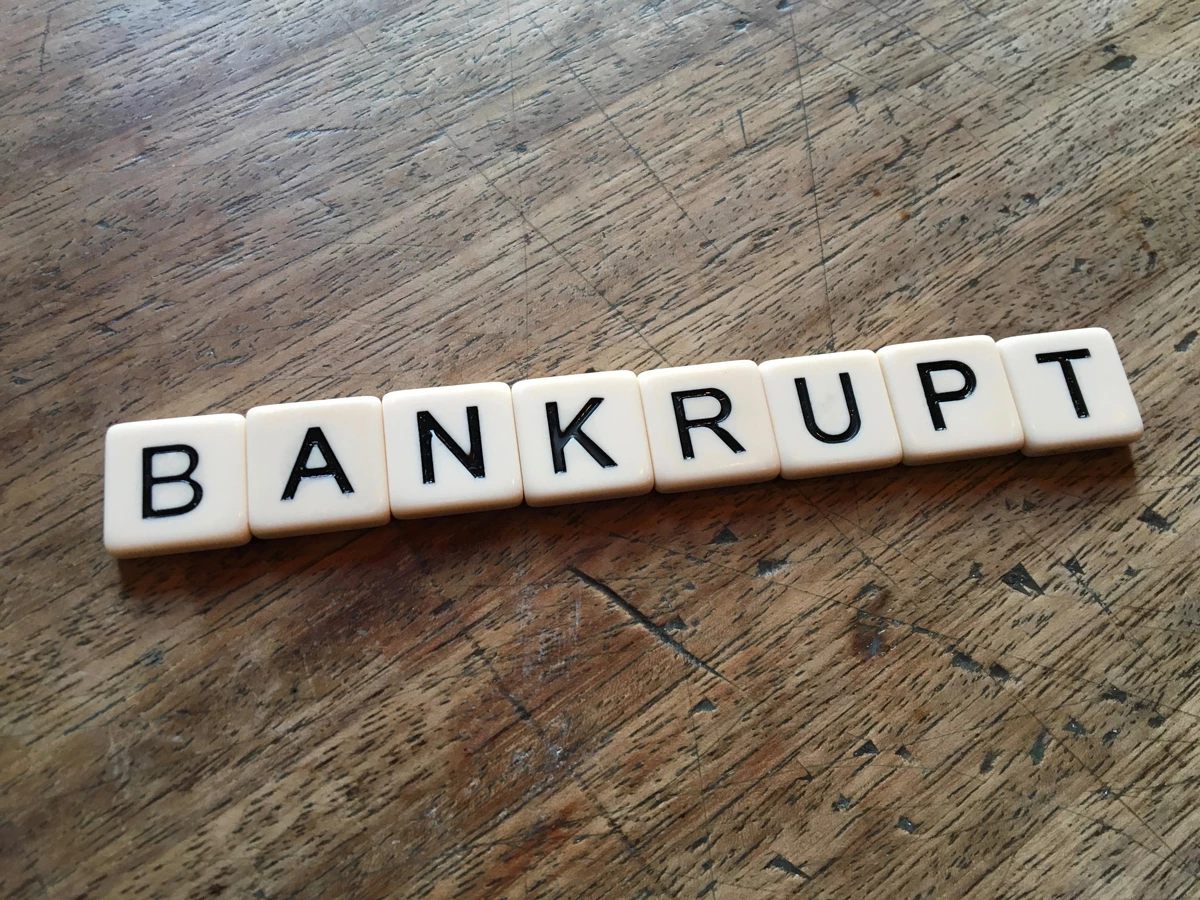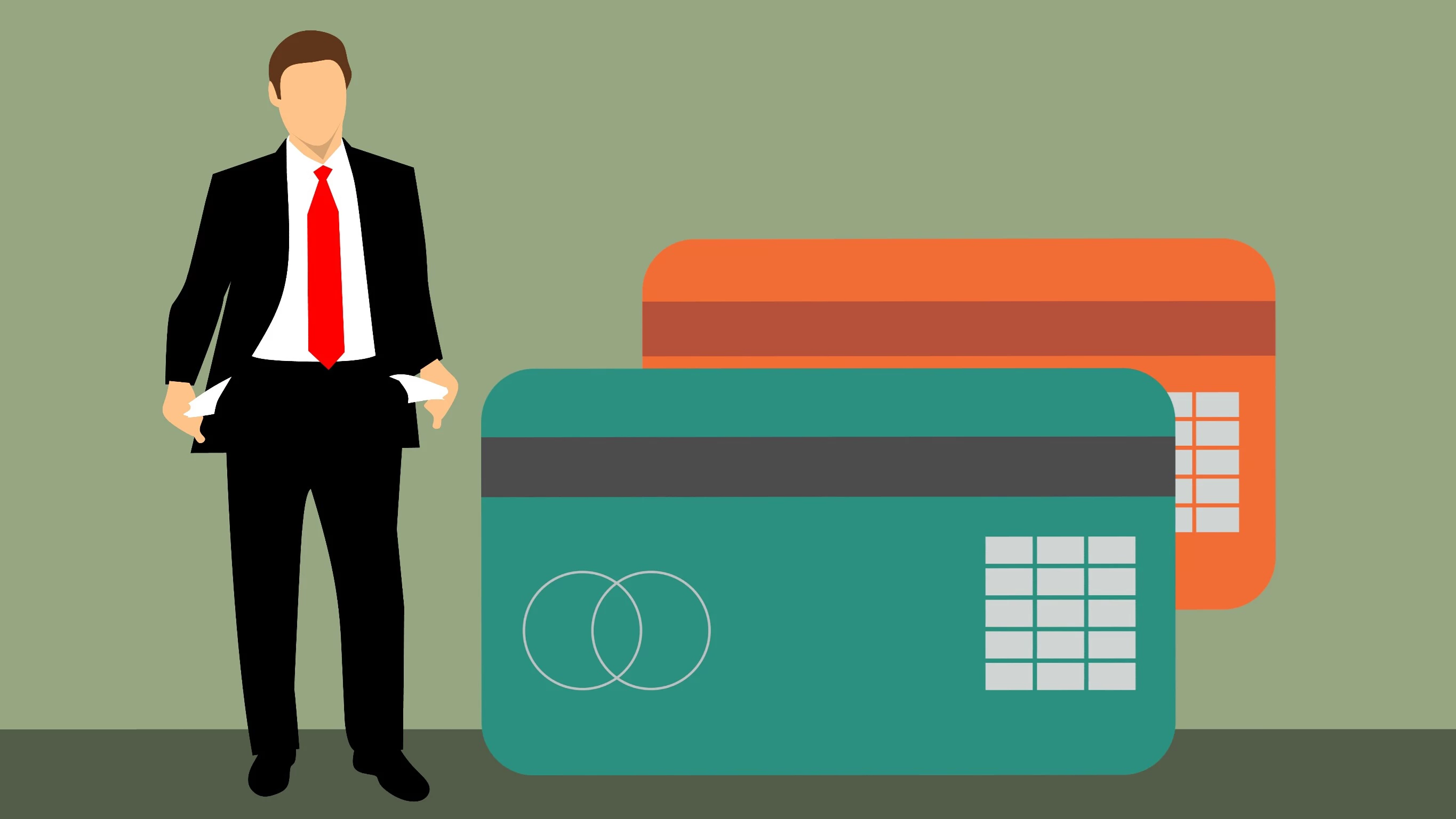05/09/2019 | Category: Home Insurance

Declaring yourself bankrupt can have serious implications for many aspects of your life – aspects you wouldn’t necessarily expect, including things like home insurance.
In this article we’re going to consider how bankruptcy can affect you but we’ll start by taking a closer look at what declaring bankruptcy actually means.
Bankruptcy is a way of clearing all unsecured debts if you have no money, or insufficient funds, to repay your creditors. Once you have declared bankruptcy and have been registered as such, any assets which you might have had are then divided up amongst your creditors.
You then receive a discharge from whoever is appointed as your official receiver, and any unsecured debts you have are generally written off, subject to particular limitations.
Bankruptcy is an extremely serious situation to fall into and it should only be used as a last resort for you to find a solution to your problems with debt. There are several other options to manage debts, so bankruptcy isn’t necessarily the ideal solution in every case.
If you know that you have insufficient funds to pay off your unsecured debts, and that there is no realistic chance of finding the funds to do so, bankruptcy could be the only remaining option available to you.
Before taking any formal steps to start the bankruptcy process, you should definitely find a professional bankruptcy advisor and consult carefully with them to consider exactly what options you have before you take the irrevocable step of declaring yourself bankrupt.
How do I declare bankruptcy?
When you apply for bankruptcy, you need to create an online account and
complete an online application. You will be asked to submit all relevant information about:
- What debts you have (the type and amount).
- Whether or not you have an income and, if so, from what source and how much.
- What outgoings you have on a regular basis (fixed costs such as rent or mortgage, and variable costs such as day-to-day living costs.
As evidence, you are also required to submit any correspondence you have received from bailiffs or other enforcement agents who may have been seeking to retain or withdraw your remaining assets.
Your application is then reviewed by an official adjudicator working on behalf of the Insolvency Service and it will be them who decides whether you can be officially declared bankrupt. On average, they make their decision within 28 days of receiving your application.
How much does it cost to go bankrupt?
Ironically, declaring doesn’t come cheap, initially. You have to pay £680 to apply for bankruptcy and you will need to pay this before you submit your application. If you can’t afford the fee you might be able to pay in instalments.
To find out more about this, contact the insolvency enquiry line. Remember, you can talk to a free debt adviser before you pay the fee to make sure that bankruptcy is the best solution for you.
What happens after I go bankrupt?
Once your bankruptcy is confirmed, up to two weeks after receiving your bankruptcy order, an Official Receiver is appointed to deal with your affairs.
They will take the information you have previously supplied and assess your:
- Income
- Assets (if any)
- Outgoings
On this basis, they will be able to decide how these can be used to meet your debts. You may also be required to attend an interview with the official receiver. What about your creditors? They have to make a formal claim to the trustee (the official receiver) for whatever amounts they are owed.
You yourself must not make any direct payments to them and neither can they approach you requesting payments. After a certain period of time (generally twelve months), the majority of your outstanding debts are written off. This then allows you to (hopefully) make a fresh start. During that twelve-month period, you remain under bankruptcy restrictions, so until you are officially discharged from bankruptcy, you cannot carry out certain financial activities, like applying for credit of £500 or more, without informing the lender (a bank, usually) about your position.
If you need to find your discharge date online you can consult the Individual Insolvency Register.

How does bankruptcy affect your home insurance rates?
If you have declared bankruptcy, this will affect the type of home insurance you can get. Therefore, it will mean investigating the area of non-standard home insurance to make sure you have the necessary protection at a time when you are financially vulnerable.
Your credit rating
Bankruptcy is extremely likely to have a severe impact on your credit rating. Once a debt has been included in your bankruptcy application, then the creditor will mark the account ‘In default’. The implications of this are that this default on payment could be highlighted on your credit file for a period of up to six years from the date the default notice was issued.
Your home
If you are a homeowner, within your property lies equity and, as such, an asset. Depending on how much secured debt is outstanding on this asset, your share will normally be released to pay off your creditors proportionally. If there is little or no equity in your property (you still have a large amount of mortgage or loan to pay off), then your property will probably be safe from being seized as part of the assets to be divided up.
What do I do if my insurance is cancelled?
- Declare bankruptcy immediately and pay the remaining instalments within the time limit your insurer requires. If the monthly payments are manageable and you’ve nearly done with the payments, this could be straightforward. However, it’s unfeasible if you have a lot of payments remaining and they are a significant amount.
- Delay bankruptcy until whatever you have to pay to your insurer after bankruptcy proceedings is affordable. If you have 9 or 10 months left to pay, it’s probably a better idea to go bankrupt rather than waiting until there are 2 or 3 payments to make.
Can I take out a new insurance policy during bankruptcy?
Insurance providers will know of your bankruptcy from your credit file, and this might cause complications when applying for a policy at a later date - it could mean a rejection of your application or needing to pay a higher premium.
If your insurance is paid by monthly instalments, you have the obligation to inform your provider about your bankruptcy, if the total amount you are liable to repay under the agreement is more than £500.
This tends to occur a lot with car insurance policies. Even if the insurance company doesn’t ask you, a failure to declare your circumstances is a criminal offence. Nevertheless, if the total you return is under £500, or if you pay your premium as a lump sum, you are only obliged to tell your provider about the bankruptcy if they explicitly request that information.
How does declaring bankruptcy affect my insurance situation?
Inevitably, declaring yourself bankrupt is going to have a serious impact on a lot of different aspects of your life. Where you live, for example. People who file for chapter 7 or Chapter 13 bankruptcy frequently remain in their homes. This can occur if the property's equity is low, and there is an allowance within the law.
Even so, if you keep your home, you’ll still need to have home insurance (buildings cover) as mortgage contracts generally stipulate it, and you are looking at taking out non-standard home insurance rather than off-the-shelf coverage.

How does declaring bankruptcy affect you?
Here’s what can happen after bankruptcy and how long it can effect your financial affairs.
12 months
Certain other restrictions finish after 12 months. For instance, you can borrow more than £500 without being obliged to inform the lender about your bankruptcy and you can even return to business activities as a company director again. However, if you fail to cooperate with the official receiver, such as failing to provide the information they require, your discharge can be delayed through a court order until you cooperate and comply.
Two years three months
Three years
Three to four years
If you are under an IPA, the final payment will fall between three and four years after your bankruptcy, but you can still be liable after this time for any IPA payments you may have missed previously.
Six years later
It’s worth checking your records with the three credit reference agencies just to ensure this has happened. For the large majority of people, it should be a great deal easier to apply for and get credit again from then on.
If the official receiver imposed a Bankruptcy Restriction Undertaking (BRU) or a Bankruptcy Restriction Order (BRO) for over six years, because you behaved with dishonesty, your bankruptcy will appear on your credit file until this period is over.
Indefinitely
Getting non-standard home insurance
Clearly, declaring bankruptcy is not a decision anyone is going to take lightly, as it has serious short, mid- and long-term consequences.
However, you may find yourself in a situation where it’s unavoidable and where you have questions concerning your insurance coverage.
You may well need to take out non-standard home insurance, which is where we can help.
As specialists in this area, Insurance Choice can carefully assess your particular needs and compare insurance quotes that give you the protection you need. Get in touch with us for details of how we can help you to find the best non-standard home insurance.
